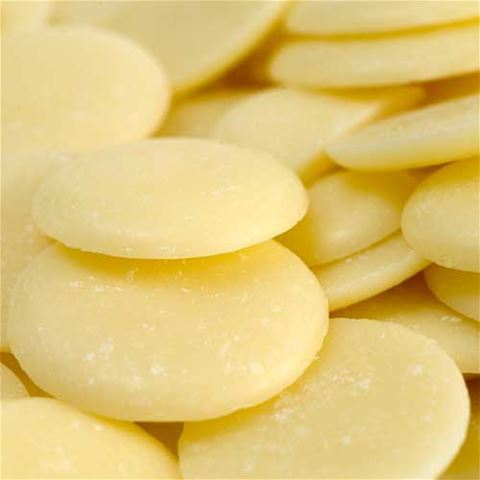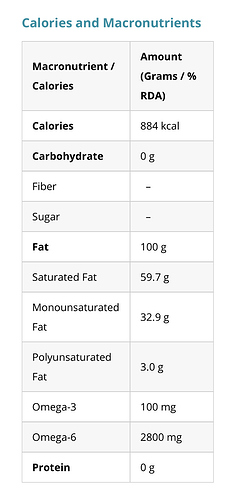I would go with fish that way you are getting DHA with those omega 3’s from marine sources. Like maybe fish oil pills with a steak (non-grass fed) chicken (non-range-free) or uneven omega 3 to 6 ratios (this is what happens when you feed your livestock mostly grains) etc., i.e. to achieve anti-inflammation, hence anti-PUFA inflammation etc.
When you eat any meat that is grass-fed including range free (you want your chickens eating bugs, plants and grass not just grains) eggs etc. it is going to have more even 1:1 ratios of omega 3 and omega 6’s…hence anti-PUFA inflammation etc.
And also you have Omega 3, 5, 6, 7, & 9: One does not work without the others (hand shake system)… Omega 9’s (e.g. cocoa butter chips) regulate the lower numbers optimally and evenly!
Note: Avocado is another food high in omega-9 fats…

Cocoa Butter
Cocoa butter contains cocoa mass polyphenol (CMP) - CMP inhibits the growth of cancerous cells and tumors by reducing active oxygen levels in the body, and inhibits the oxidation of LDL cholesterol and the production of inflammatory cells
Also helps suppress excessive T-cell activity in the immune system, which could help treat conditions associated with overactive immune systems …More
Example: Omega-9 fatty acid ratio profile list (raw cocoa butter):



